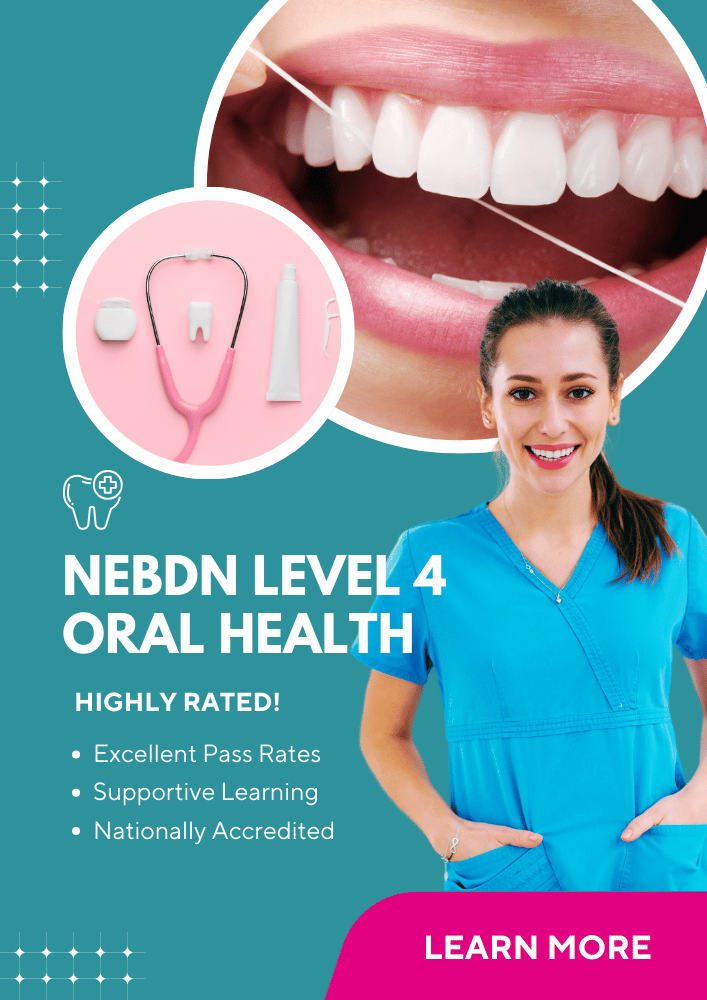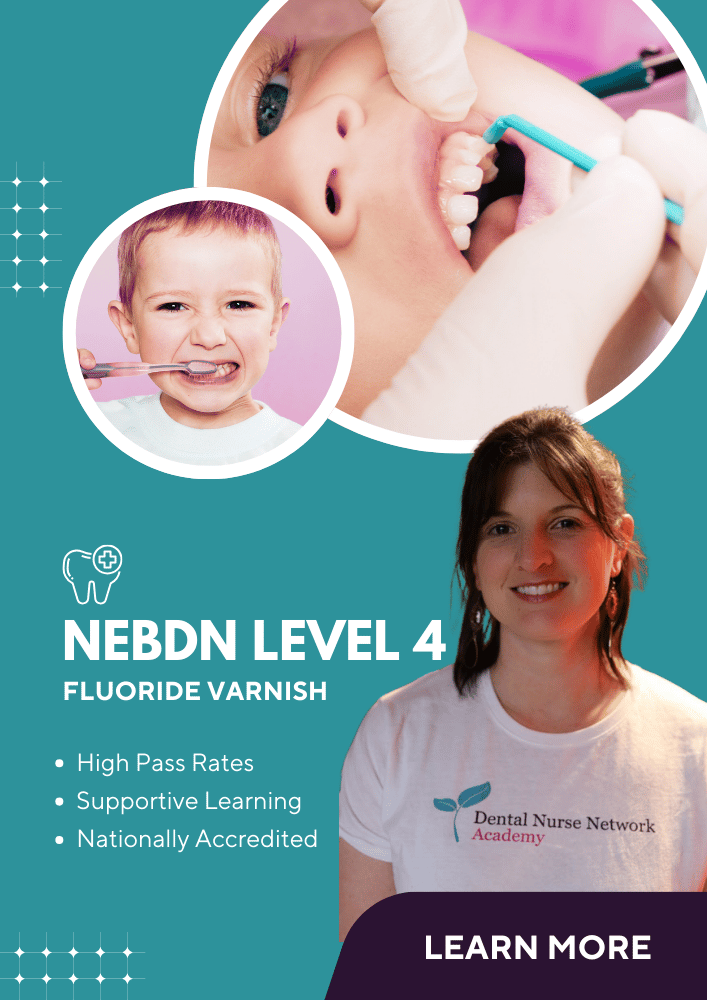 I’ve just completed Year One Term One as a student dental hygienist at the University of Essex. What a crazy term it has been – moving in, making new friends, working at a new practice, attending lectures, writing essays, and taking gateway tests, practical examinations and written examinations. Life as a trainee dental hygienist has just begun.
I’ve just completed Year One Term One as a student dental hygienist at the University of Essex. What a crazy term it has been – moving in, making new friends, working at a new practice, attending lectures, writing essays, and taking gateway tests, practical examinations and written examinations. Life as a trainee dental hygienist has just begun.
Moving in and making new friends
After confirming my place at the University of Essex in June 2016, I spent the next few months buying everything for my new life in Essex, selling my furniture, changing my address, leaving my job and organising saying goodbye to everybody.
In September 2016, I moved into my new home. I live in an eight-bedroom flat with other student hygienists, which is great fun – we all really encourage each other to do well and support each other through the course. The university campus is on our doorstep and we have 24/7 security. It’s such a great experience, and living miles away from home has made me even closer to my friends and family.
University
Courses focused on dental hygiene are not as laid back as some other courses may appear. You have fewer holidays and spend more time at university, and it feels like there is not enough time to keep on top of everything. But aside from all of that, it is such a rewarding course and career – the tutors are really helpful, and before you know it, you are getting stuck in.
I remember my first few lectures being straightforward and typically focused on areas you cover as a dental nurse. After that, though, I recall turning up to lectures and being baffled, thinking: what on earth just happened? Am I supposed to retain and understand this lecture? I spoke to a few of the girls on my course, and they felt exactly the same. But one thing I always tell myself is that nothing worth having comes easily, so I went away to re-read my lecture notes and do some additional research until I understood every topic.
The first term has been very diverse, covering topics including dental anatomy, embryology, cranial nerves, muscles of mastication, eruption and exfoliation dates, periodontal disease, calculus, biofilm, gingivitis and much, much more.
I attend university every Tuesday and Thursday and it’s a mixture of clinical skills sessions and lectures. Clinical skills sessions involve spending time in the phantom head lab, where we carry out different procedures on the phantom heads before we are signed off to practice on other students. We then carry out a gateway on each other, and if we are competent, we get signed off and can carry out what we have learnt on patients. It’s amazing how eager we are to get stuck in with scaling, but there is so much to learn before you can pick up a scaler. The Oral Health Sciences course is so fun and interesting, and we have a range of tutors who all deliver sessions in different ways to ensure we all stay focused throughout.
Placement
Each term, we get sent to a different placement twice a week. The placements are based in a dental practice rather than a hospital setting. I really like this set-up, as it prepares you more for the everyday practice settings you will experience when qualified. My current practice is in Colchester, which is just under two hours’ drive away. It has been really tiring waking up at 5.30 every morning and not coming home until 6.30 in the evening. However, the practice is lovely and the patients are even better – they are really supportive of our studies and always complete feedback forms so that we can improve and develop. I love having more of a hands-on role with my patients; I find that communicating with them, motivating them and carrying out examinations and some treatments on them makes becoming a dental hygienist feel more real each and every day. After talking to other students on my course, it has become clear that every practice has something different to offer, which is great for building our experience. Every time we see a patient in practice, we complete a record of clinical experience. This is a spreadsheet that we tick to show we have experience in certain areas so that the next placement can be tailored to our needs.

Life as a student
I was very lucky to secure a place on the course on my first application, as I know how popular the course is and that each university has very few spaces. As I didn’t think I would be so fortunate on my first application, I started the course with very limited savings, and living on a budget has proven to be very difficult. However, I have learnt to adapt to living on the basics.
The key things I have realised since becoming a student are that you need to:
- Keep on top of your work from the start, and don’t let it get on top of you.
- Budget every single month and live within your budget.
- Don’t be afraid to ask for help from tutors and other students.
- Revise the basics on everything and research deeper into key topics.
- Stay healthy, and don’t let stress get you down.
- Surround yourself with supportive people – it helps in so many ways.
Revision
Revision, revision, revision. I have always been one of the top students for writing essays or coursework – but (until recently) exams have always got the better of me. I am terrible with revision; honestly, you would not believe the number of different techniques I used before I found one that worked for me:
- I used revision cards.
- I tried revising in groups.
- I tried revising alone.
- I tried revising in the quiet.
- I tried revising with music in the background.
- I tried both reading and watching YouTube videos.
- I tried re-writing my lecture notes.
But NOTHING worked! Then I recalled the times I had studied on other courses. I remembered that the best way I absorbed knowledge was by sitting past papers, comparing my answers to the correct answers and then working on the areas I was struggling with and re-testing myself. Unfortunately, the university is unable to provide past papers, so I decided to go through all of my PowerPoint slides and lecture notes and write my own questions and answers. I then got my friends and boyfriend to test me. It works a treat!
Exams
It feels like only yesterday that I started the course, but instead, Term One is complete and the exams are over. We are now patiently awaiting our results.
The exams were split into two parts: OSCE & SAT. I have explained these below.
OSCE (Objective Structured Clinical Examination) – This involves stations, each holding a different task to be completed. Each student is allocated a room number. You have to stand outside the room with your number on and enter when the bell rings. You then read out your candidate number to the camera in the corner and read the task on the table. You have seven minutes at each station to complete the task there. I remember being very nervous, as I didn’t know what to expect. And did I mention that the exam was on my birthday?! I hope they are kind with their marking – that must be worth at least a few marks.
We had the following tasks at each station:
- Oral hygiene station – providing a patient (actor) with oral hygiene instructions.
- Diagnosing station – diagnosing oral conditions based on photographs.
- Fluoride advice station – providing a patient (actress) with advice on fluoride, as she is worried about the effects on her health and toxicity for her children.
- Dental charting – using a phantom head, hand-charting what you find.
- Mixing station – mixing alginate.
- Labelling station – labelling the bones in the skull, arteries and muscles of mastication.
- Definitions station – identifying the definitions of key words.
- Diagrams station – labelling diagrams, including the gingiva, tongue and more parts of the skull.
I feel I did my absolute best at each station. However, my mind went completely blank when it came to definitions, and I ran out of time at the oral hygiene station.
SAT (Short Answer Test) – This involves four topics with around four to six questions in each one. Each topic is worth 25 marks, so its really important to brush up on all areas in order to pass, as nobody knows which topics will be included. Strangely enough, the evening before our SATs exams, the girls in my flat and I created our own mock SAT questions. I based mine on dental caries, biofilm and the AAP (American Academy of Periodontology) classification of periodontal disease, and questions on those topics made up 75% of the paper – this really filled me with confidence!
The relief I felt after finishing the examinations was amazing. I have learnt so much in my first term and have identified lots of things I will change to ensure my future terms are less stressful.
Term One … it has been a pleasure.
Rebecca Gibbons RDN, PTLLS, OHE



